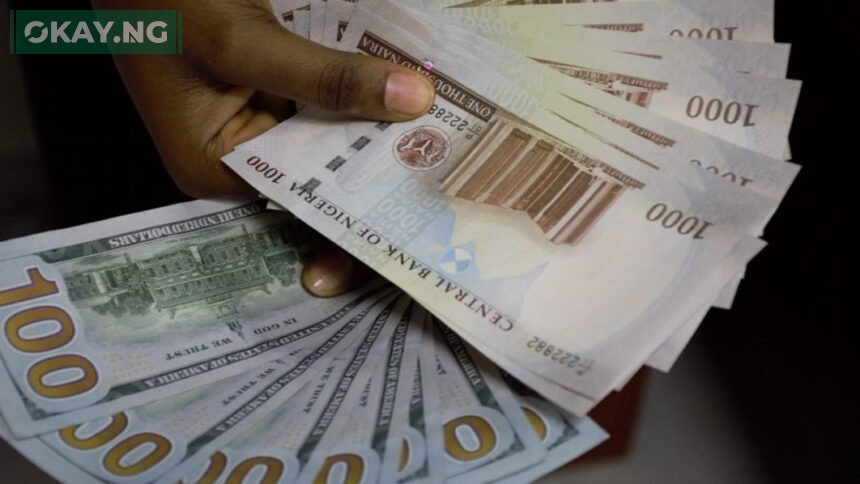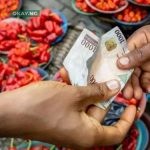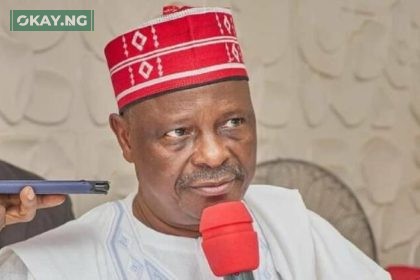In a notable shift, the Nigerian naira experienced a welcome, albeit potentially temporary, appreciation in the official foreign exchange (FX) market on Monday. This upturn was largely attributed to a significant surge in dollar inflows from the Central Bank of Nigeria (CBN), which accounted for a commanding 39.85 percent of total market activity, according to data from Coronation Merchant Bank.
Last week, the Nigerian Foreign Exchange Market (NFEM) saw an inflow of $1.19 billion, a rise from the previous week’s $1.10 billion. This increased liquidity was primarily driven by the CBN, which dramatically increased its contribution from 14.29 percent in the preceding week. As one market analyst put it, “The CBN’s decisive intervention has clearly injected much-needed stability into the official market, at least for the moment.” Other contributors included foreign portfolio investments (FPIs) at 18.09 percent, non-bank corporates at 23.81 percent, and exporters at 15.67 percent.
Currency dealers reported the dollar trading at a high of N1,537, a slight improvement from Friday’s N1,540. The market’s lowest rate was N1,527, also stronger than Friday’s N1,535. This suggests a subtle but positive shift in market sentiment.
The parallel market, often referred to as the black market, mirrored this trend, with the naira appreciating to between N1,570 and N1,575, compared to N1,580 last week. This development offers a brief respite for many Nigerians who rely on the parallel market for their foreign exchange needs. “For everyday Nigerians, seeing the naira strengthen, even a little, brings a sense of relief,” said a local trader in Lagos, highlighting the immediate impact on consumer sentiment.
However, the naira’s performance against other major currencies presented a mixed picture. Against the British pound, the naira appreciated by 0.7 percent, closing at N2,020. Similarly, it gained N10 against the euro, closing at N1,700. Conversely, the currency remained steady against the Canadian dollar and the Chinese yuan at N1,150 and N215, respectively, as of last Thursday.
Despite the positive developments in the official and parallel markets, concerns remain about the nation’s foreign reserves, which decreased by 0.06 percent week-on-week to $38.35 billion as of March 21, 2025, according to CBN data. Additionally, the naira weakened against the Chinese Yuan, losing 1.12 percent to close at N212.01CNY/N. These figures underscore the ongoing volatility and the delicate balance the CBN must maintain to ensure economic stability.
The CBN’s increased intervention, while providing immediate relief, raises questions about sustainability. “We must consider the long-term implications of such aggressive interventions,” noted an economist from a leading financial institution. “While it addresses short-term volatility, it also puts pressure on our reserves.”
This fluctuation impacts everyday Nigerians, who face rising costs for imported goods and services. The emotional toll of economic instability is significant, as families struggle to manage household budgets amid fluctuating currency values. The human angle here is crucial. As a news writer, I understand that behind every economic statistic are real people facing real challenges.
The naira’s recent appreciation, driven by the CBN’s strategic interventions, offers a moment of optimism. However, the underlying economic challenges, including reserve pressures and global market volatility, necessitate a cautious and pragmatic approach.












